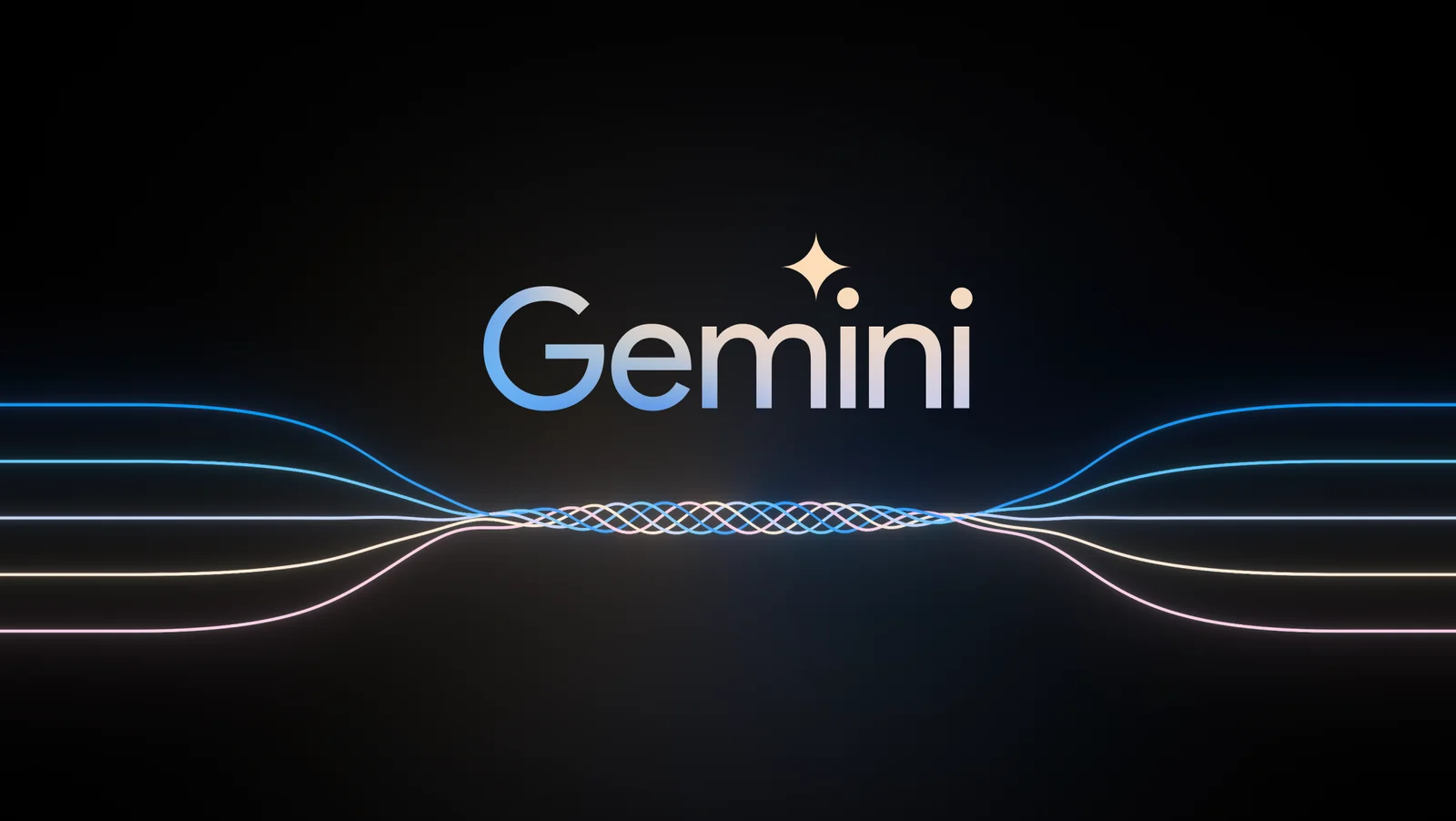
Google to restrict Gemini AI’s responses for election queries
With elections coming up across some of the biggest democracies globally (including the U.S. and India), the need to combat the dissemination of misinformation is at a peak. With this in mind, Google has instituted significant restrictions on its Gemini artificial intelligence (AI) platform.
“Supporting elections is a critical part of Google’s responsibility to our users and the democratic process. With millions of eligible voters in India heading to the polls for the General Election in the coming months, Google is committed to supporting the election process by surfacing high-quality information to voters, safeguarding our platforms from abuse and helping people navigate AI-generated content,” the company noted in an official blog post.
Google’s Gemini AI platform, renowned for its conversational capabilities and data retrieval prowess, will henceforth abstain from furnishing responses to inquiries directly pertaining to electoral matters. Such inquiries include questions concerning elections, candidates, political parties, election results, or officeholders. Instead, users will be promptly redirected to utilize Google Search, thereby enabling access to pertinent and substantiated information on the aforementioned topics. This is already active – asking such questions will provide the response, “I’m still learning how to answer this question. In the meantime, try Google Search.”
This development seems to be the fallout of a prior controversy regarding Gemini, wherein the chatbot faced the music over its response to a query related to Indian PM Narendra Modi. Google later apologized after the Ministry of Electronics and Information Technology (MeitY) issued an advisory to address the growing concerns about AI-generated content.
“Out of an abundance of caution on such an important topic, we have begun to roll out restrictions on the types of election-related queries for which Gemini will return responses. We take our responsibility for providing high-quality information for these types of queries seriously and are continuously working to improve our protections,” Google said in a blog post related to the elections in India. Upcoming elections are also slated to be held in the United States, South Africa, and several large countries. For now, this feature is available for users in the US and India, and will be rolled out to all global markets that will have elections this year.
In addition to implementing these stringent restrictions, Google has embarked on collaborative ventures with electoral regulatory bodies such as the Election Commission of India (ECI). This collaborative initiative aims to furnish users with indispensable voting-related information in multiple languages, including English and Hindi. During the elections, YouTube – Google’s popular video-sharing platform – will provide election information panels, as well as showcase election-related content on its homepage, in search results, and the “Up Next” panel.
In addition to this, the tech behemoth has redoubled its efforts to fortify its fact-checking infrastructure, exemplified by its support for initiatives like Shakti, the India Election Fact-Checking Collective. This coalition of news publishers and fact-checkers intends to detect and debunk instances of online misinformation, including deepfakes and spurious narratives, in order to bolster the credibility and veracity of information accessible to users.
Google has also elaborated on its approach aimed at fortifying its platforms and safeguarding its user base. This includes the integration of watermarking mechanisms in images generated through its products to help users identify AI-generated content, alongside the enforcement of stringent policies prohibiting the dissemination of manipulated media, such as deepfakes, in advertisements and other forms of content. Google will also ensure that every image generated through its products has embedded watermarking with Google DeepMind’s SynthID. Other measures include restrictions on the types of election-related queries, an identity verification process for those who run election-related advertising, and more.


